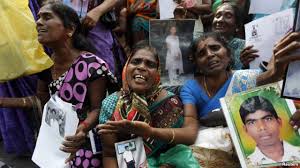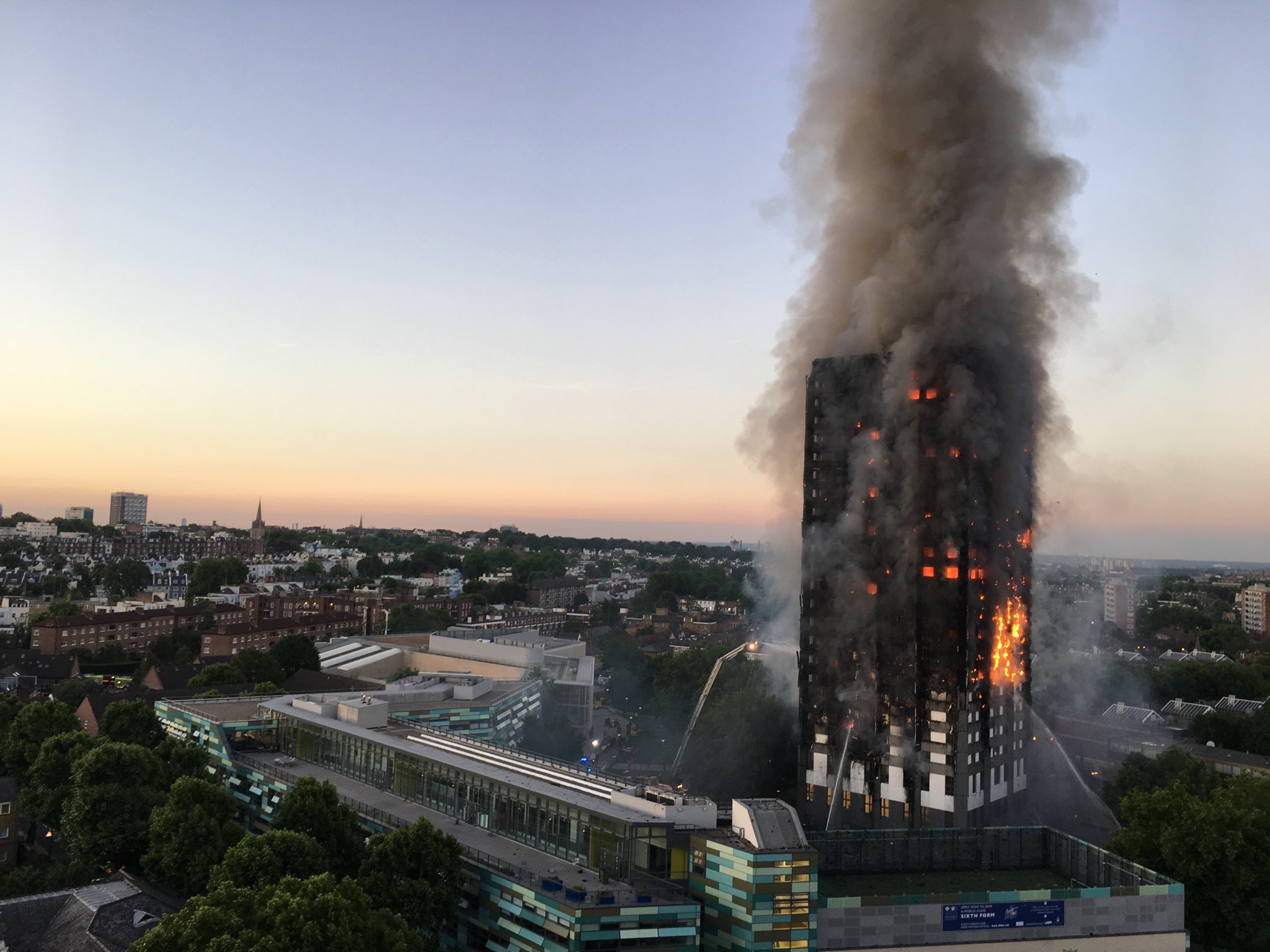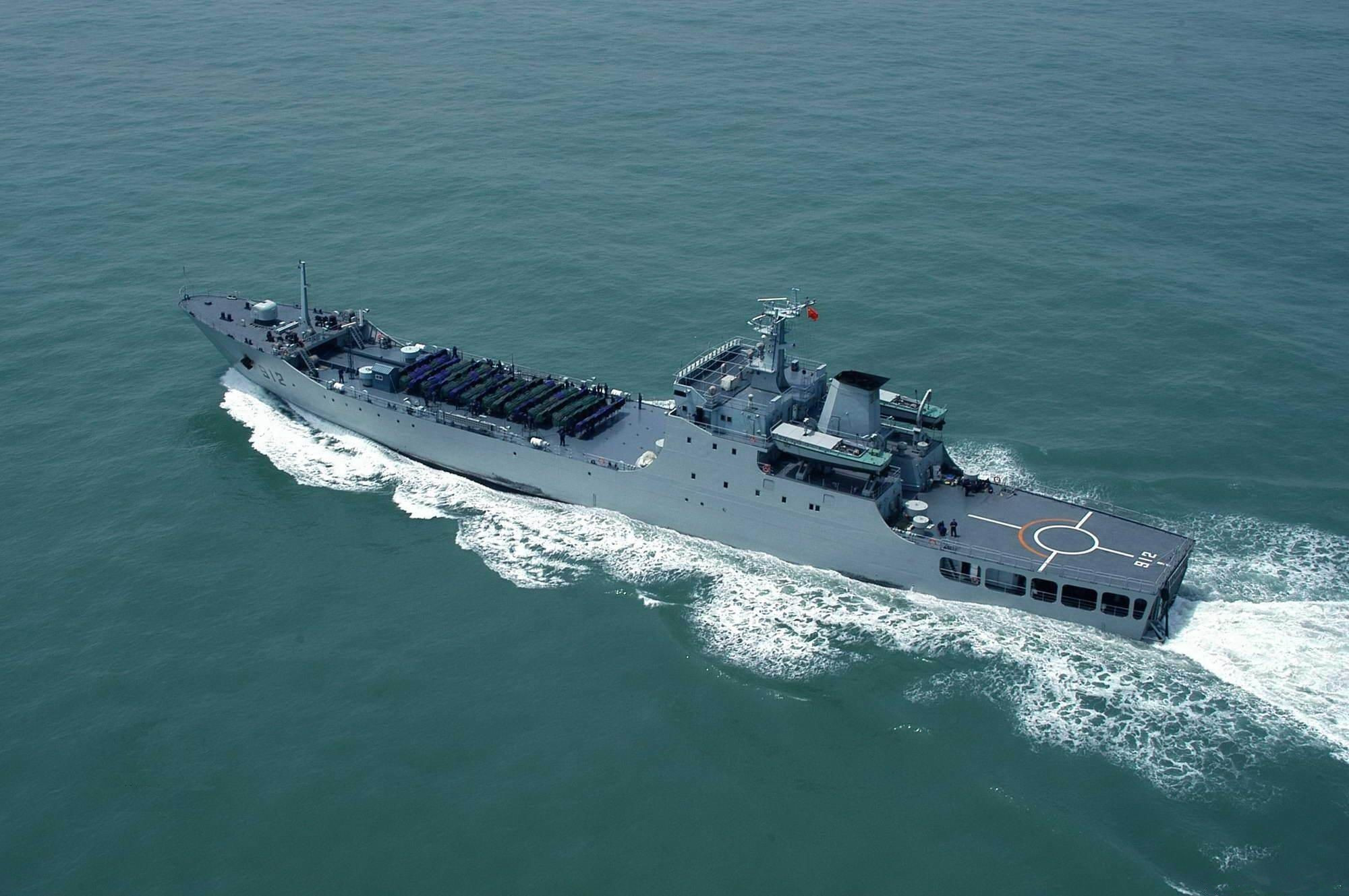On Thursday, March 27, nearly five years after the end of the civil war in Sri Lanka, the UN Human Rights Council passed a resolution which allows the Office of the High Commissioner of Human Rights (OHCHR) to launch an international inquiry into war crimes committed by both sides in the months leading up to the end of the war in May 2009.
The devastating conflict, which ravaged the north of the country, began in the early 80s, when the minority rebel group, the Liberation tigers of Tamil Eelam (LTTE), in an effort to establish an independent state, took up arms against, what they claimed, was an oppressive majority Sinhala government. The bloody conflict ended 26 years later when government troops defeated the LTTE.
At least 100,000 people died during the war. However, it is the final months of conflict, in particular, that are being scrutinized, when fighting had intensified and an estimated 40, 000 were killed, primarily Tamils in the north. 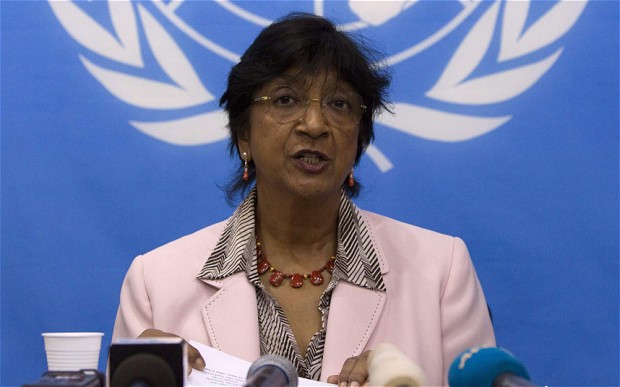
Both sides in this brutal conflict have been accused of war crimes. However, following the defeat of the LTTE, it is the government that has been confronted with calls for an international investigation and will face a special inquiry into allegations of indiscriminate attacks between September 2008 and May 2009 on known civilian areas and in ‘no fire zones’ in clear violation of international law.
The UN has come under a great deal of criticism for is its notable silence on the scale of violence and killing in Sri Lanka. One of the difficulties the UN faced in seeking accountability, was that the LTTE, known for their brutal tactics and guerrilla warfare, had been labelled as a terrorist organization by many countries, including Canada, after the 9/11 attacks. This allowed the Sri Lankan government to leverage international support against the rebels with relatively little international scrutiny. UN High Commissioner for Human Rights, Navi Pillay, however, has pointed to this as a gross failure of the UN in turning a blind eye to the atrocities in last stages of the war.
The 47 member council obtained a simple majority vote of 23 to 12, with 12 abstentions, to begin investigations into human rights violations. Among the majority were the US and the UK who sponsored the resolution. Those who voted against the investigation included Pakistan, Iran, Zimbabwe and China, to which Sri Lanka has strong economic ties. Surprisingly, India, which many believed was likely to vote against its neighbor, chose to abstain, despite its large and influential ethnic Tamil community.
This is the third time in three years the UNHRC has urged the Sri Lankan Government to investigate allegations of war crimes. Two previous resolutions pressed the government to implement the recommendations provided in a report by a local panel, the Sri Lanka Campaign for Peace and Justice, and also urged punishment of soldiers involved in war crimes. However, the resolution passed last week is distinct in that it went one step further and, for the first time, explicitly called for concrete steps to monitor progress and initiate a comprehensive investigation.
The UN inquiry comes only after the Sri Lankan Government has failed to implement a credible independent domestic process to look into allegations of war crimes and seek accountability. The lack of political will at the senior political levels has brought Sri Lanka’s commitment to justice into question.
Sri Lanka’s questionable dedication to human rights is not limited to the war years. There are ongoing allegations that many of the abuses which occurred during the conflict continue, including forcible displacement of civilians, arbitrary detention, rape as well as attacks on journalists, human rights activists and religious minorities. With the increasing militarization of the Sri Lankan state, Pillay concluded that “democracy was being undermined and the rule of law was being eroded in Sri Lanka, with the country increasingly becoming an authoritarian state.”
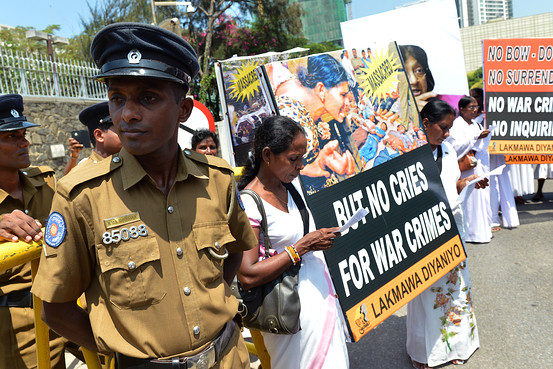 President Mahinda Rajapakse, who oversaw the government’s victory over the LTTE, denies all allegations and rejects the resolution. The Sri Lankan government claims that the UN’s investigation is baseless, and not grounded in any objective assessment of facts. A government spokesperson stated “this is not about human rights, this is politically motivated, biased and an unjust infringement on the sovereignty of Sri Lanka.” Following government claims that any unwarranted interference demonstrates ongoing colonial attitudes which will only hinder its reconciliation efforts, it seems unlikely that the government will cooperate with any UN investigation.
President Mahinda Rajapakse, who oversaw the government’s victory over the LTTE, denies all allegations and rejects the resolution. The Sri Lankan government claims that the UN’s investigation is baseless, and not grounded in any objective assessment of facts. A government spokesperson stated “this is not about human rights, this is politically motivated, biased and an unjust infringement on the sovereignty of Sri Lanka.” Following government claims that any unwarranted interference demonstrates ongoing colonial attitudes which will only hinder its reconciliation efforts, it seems unlikely that the government will cooperate with any UN investigation.
The Rajapakse administration has enjoyed enormous public support since the end of the war and with the upcoming provincial elections, the president will undoubtedly try to use any international investigation to his advantage.
While Tamils welcomed the investigation, the sentiments outside the war-torn north, among the majority Sinhalese community, were very different. Over 200 members from Sri Lanka’s Thawheed Jamaath, a pro-government Muslim group, gather outside the US embassy in Colombo to protest the resolution. Many who are opposed to the resolution believe that if the investigation continues the LTTE will once again be able to garner support and try to re-organize and re-establish their power. Others, such as Chief Minister from the Northern Province, C. V. Wigneswaran, fear that “the passing of this resolution will spark a fiercer military crackdown.”
Although the UN’s investigation is long overdue, it is a necessary step if the country is to move forward. To allow the culture of impunity to continue would only create greater instability and sow the seeds for future conflict. While this is only the first step to what will be a long and difficult path to sustainable peace, it will pave the way for the “establishment of a framework consistent with universally recognized standards set out in international law.” Hopefully, the passing of this resolution will allow for genuine reconciliation and the implementation of a system of justice and accountability. This is an important opportunity to address decades of grievances and begin to repair the fractures of a deeply divided country.

